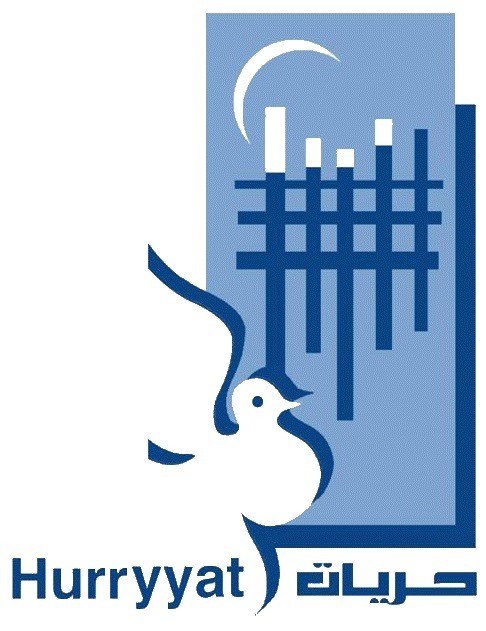Obligations of the State of Palestine to accede to the Convention against Torture
The idea is based on the obligations resulting from the accession of the State of Palestine to the Convention against Torture, in which Hurryyat believes that this step is important in the history of the Palestinian society and its role in the culture of human rights and the fight against torture based on international and human rights law. The Center for Defense of Liberties and Civil Rights is following up these developments and needs through organizing dialogue meetings with the leaders of the security services with the participation of the Independent Commission and the human rights institutions affiliated with the Council of Human Rights Organizations and the Palestinian Coalition Against Torture.
These dialogue meetings were attended by about 250 officers and officials in high positions with a number of important recommendations, which would ensure the right of citizens not to be subjected to torture or any ill-treatment in accordance with the Palestinian Basic Law and the Conventions against Torture. The following recommendations were announced in the presence of the media, human rights organizations, Preventive Security, Central Intelligence Agency, and the Police:
Hurryyat announces the recommendations of the meetings between human rights organizations and security services regarding the obligations to accede to the Convention against Torture:
Hurryyat organized an important meeting with the participation of multiple security services, human rights organizations, deputies in the Legislative Council, the coordinator of the National and Islamic forces, Palestine Liberation Organization, and the Executive Committee of the Palestine Liberation Organization. The series of dialogue meetings between the three security services and human rights organizations within the Council of human rights organizations and the Palestinian Coalition against Torture concluded in the following statements:
First: Take the necessary measures to combat any act of torture and ill-treatment, including the prompt and serious investigation into all complaints and allegations.
Second: Harmonize relevant Palestinian legislation and develop internal regulations where necessary, to ensure that they meet the obligations arising from the accession of the State of Palestine to the Convention against Torture.
Third: Enhancing cooperation and developing effective monitoring mechanisms and communication through regular recurring meetings.
Fourth: Follow-up on complaints received by human rights organizations with the purpose of addressing them without any delay and appropriately.
Fifth: The importance of continuing visits to detention centers and the introduction of more facilities on them and to form a national team entrusted with this role.
Sixth: Spreading legal awareness of the Convention against Torture and the definition of the dangers of its practice.
Seventh: Preparing a list of the rights of persons deprived of their liberties to inform them immediately after their arrest.
Eighth: Enhancing trust between the citizen and the security services by dealing with transparency and openness to the citizens to dispel the prevailing impressions
Ninth: Openness to various medias to create a state of substantive debate on the status of human rights and the right to not be subjected to torture and ill treatment.
It can be said that the most prominent feature of this project is the cooperation between human rights organizations and the security services, and the prospects opened to these institutions to join efforts to promote respect for human rights and fundamental freedoms and to reduce the practice of torture and ill-treatment among different facilities and detention centers.

